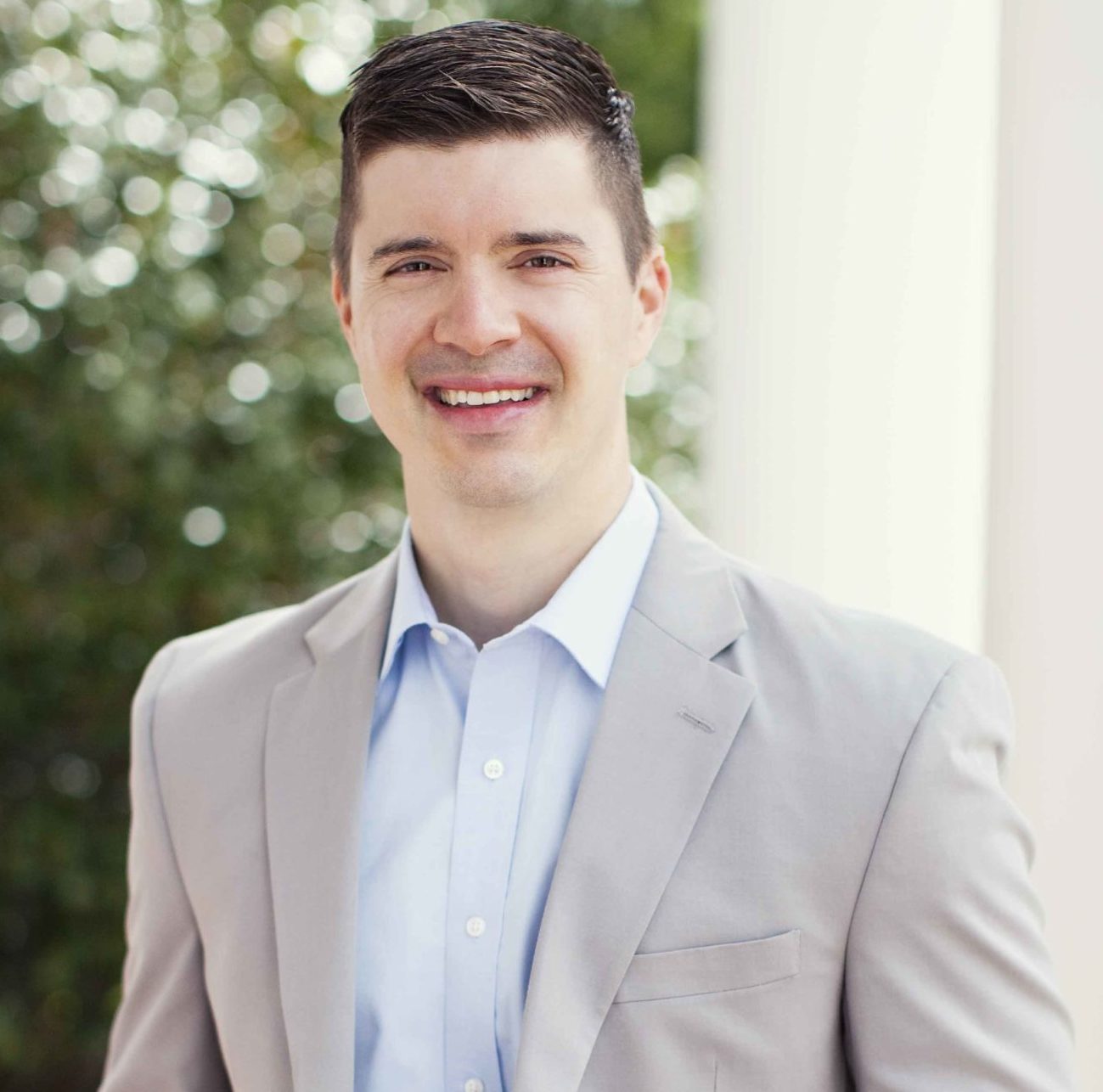More than a month into virtual services, ministers are finding ways to engage with their congregants, even if services are watched in living rooms amid real-life distractions.
Online worship services can provide a sense and value of authenticity, said Alan Sherouse, senior pastor at First Baptist Church in Greensboro, North Carolina.

Alan Sherouse
“It’s a powerful reminder about the way the holy and sacred meet the everyday or ordinary,” he said. “Those little interruptions have been a reminder that God meets us right in the midst of all these hard circumstances.”
Increased virtual ministry efforts allow congregants who are unable to attend in-person services due to work schedules, health issues and now social distancing an opportunity to participate in a worship service.
“We’ve been encouraged to see that the people we have been wondering about are really loving to be connected to the church through online worship instead of in a sanctuary,” Sherouse said.
The online setting can actually lead to deeper relationships within congregations and a way for new members to connect, said Angela Gorrell, assistant professor of practical theology at George W. Truett Theological Seminary at Baylor University in Waco, Texas.
“Online engagement was created to nurture relationships between people,” she said. “I think churches have a real opportunity to use this time to nurture more meaningful and deep relationships among people, especially across generations.”

Angela Gorrell
Gorrell said church services are sometimes one-way from the altar to the congregants in the pews. The transition to online services allows for congregant participation through illustration, poems, hymns, videos and photographs.
“Churches can invite their congregants to share their creations as a way of connecting,” she said. “Artwork and creations help us to reflect on God’s love, on the community and on being in the world now. Sometimes art is better than words at helping us reflect on our faith.”
But Sherouse said creating a participatory online service is difficult.
Although it has been difficult, FBC Greensboro has found ways to involve the congregation.
“We’ve had laypeople lead powerfully in prayers,” Sherouse said. “They’ve been able to give really powerful testimonies about stewardship and how we can give to our community in this time.”
Sherouse emphasized the importance of lay leadership during uncertain times.
“It’s important to have a visible way to show that pastors aren’t the only ones leading in crisis,” he said. “We can rely on one another.”
As for the future, Sherouse said the transition to virtual ministry has opened the eyes of the pastoral team to look for ways to nurture dialogue instead of monologue.
“This crisis institutionally, individually, at every level, reveals who we are. It shows us where we’re strong and where we have growth opportunities,” he said.

Doug Vancil
Doug Vancil, associate pastor of music and worship at FBC Greensboro, said the way FBC Greensboro conducts online services changes each week.
“I think there are always possibilities for a church to remain a viable congregation,” he said. “We have to be open to those and open to change.”
Gorrell said clergy should consider ministry both physically and digitally after the pandemic, a concept she calls hybrid ministry.
“I’m just hoping that this will encourage pastors to think more critically, theologically and creatively,” she said. “I’m hopeful that in the future that Christian leaders will experiment with developing faith throughout the week, not just in one hour a week.”
Read more BNG news and opinion related to the coronavirus pandemic:
#intimeslikethese
